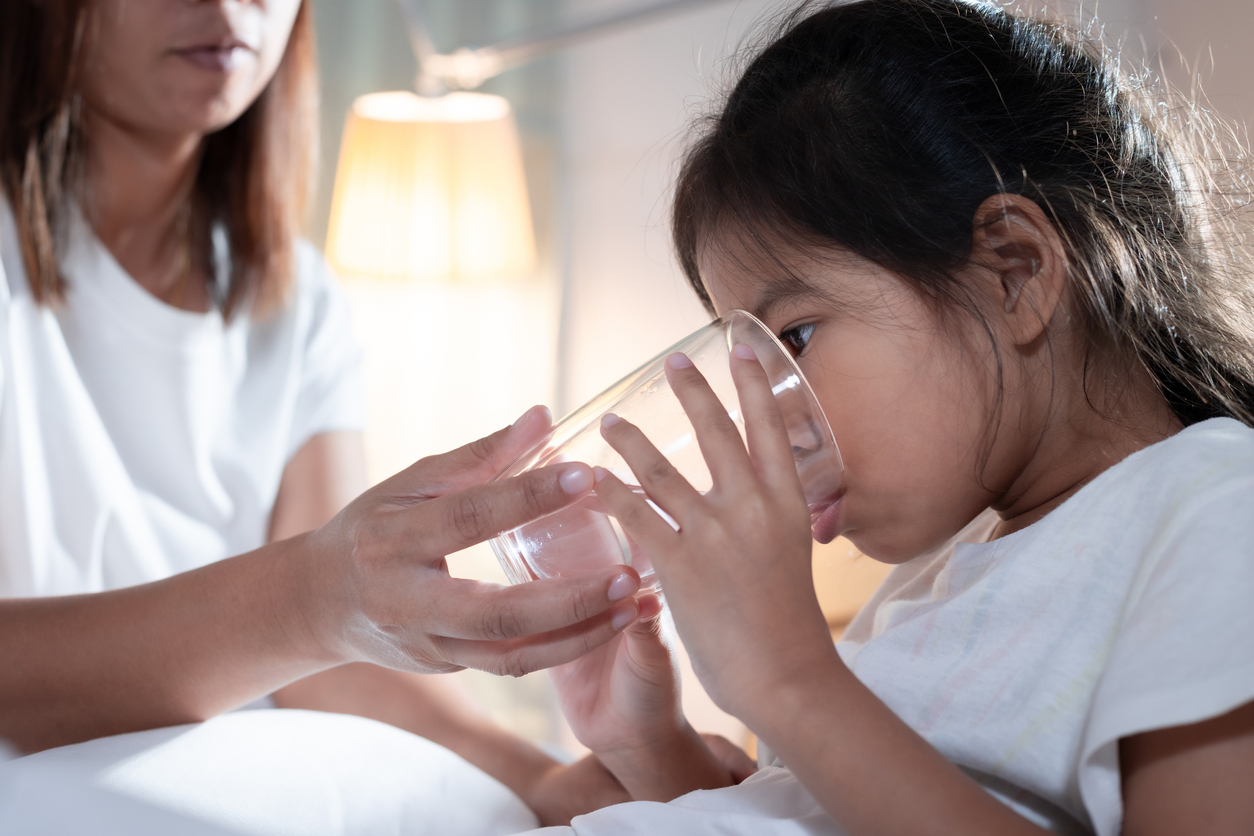This article outlines practical tips to prevent heat stroke and dehydration in children, ensuring they stay safe and comfortable even in soaring temperatures.

Tips To Prevent Heat Stroke And Dehydration In Children
Children are highly vulnerable to heat-related illnesses, especially during extreme summer temperatures. Heat stroke and dehydration can occur when the body loses excessive fluids and struggles to regulate its temperature. The World Health Organisation (WHO) and the Indian Academy of Paediatrics (IAP) stress the importance of staying hydrated and taking preventive measures to protect children from heat-related illnesses. Recognising early signs and implementing effective strategies can help safeguard their health. This article outlines practical tips to prevent heat stroke and dehydration in children, ensuring they stay safe and comfortable even in soaring temperatures.
Understanding heat stroke and dehydration in children
Heat stroke occurs when the body overheats, and dehydration results from excessive fluid loss. According to the WHO, children are more prone to these conditions due to their smaller body size and higher metabolic rate. Ensuring proper hydration and sun protection can significantly reduce risks. Here are some effective tips to prevent heat stroke and dehydration in children.
1. Ensure adequate hydration
Encourage children to drink water frequently, even if they don't feel thirsty. WHO recommends giving electrolyte-rich fluids like coconut water or oral rehydration solutions (ORS) to replenish lost minerals.
2. Dress them in light, breathable clothing
Loose, cotton clothing helps the body stay cool and prevents excessive sweating. Light-coloured fabrics reflect sunlight and reduce heat absorption.
3. Avoid outdoor activities during peak heat hours
Restrict strenuous activities between 11 AM and 4 PM when temperatures are highest. Plan indoor games or opt for shaded areas if outdoor play is necessary.
4. Offer hydrating foods
Water-rich fruits like watermelon, cucumber, oranges, and berries help maintain hydration levels. The IAP suggests including buttermilk and yoghurt in the diet to cool the body naturally.
5. Keep their environment cool
Ensure proper ventilation in rooms and use fans or air conditioning to maintain a comfortable indoor temperature. Cooling showers or wet towels can also help lower body heat.
6. Educate children about heat safety
Teach children to recognise symptoms like dizziness, nausea, dry mouth, or excessive sweating. Encourage them to take breaks, seek shade, and drink water regularly.
7. Use protective gear when outdoors
If stepping out is unavoidable, provide children with hats, sunglasses, and umbrellas. Apply a broad-spectrum sunscreen with SPF 30 or higher to prevent sunburn.
8. Watch for early signs of heat exhaustion
Symptoms such as headache, fatigue, muscle cramps, and confusion require immediate attention. If a child shows these signs, move them to a cool place and give fluids promptly.
Preventing heat stroke and dehydration in children requires a combination of hydration, proper clothing, and heat awareness. By following these simple yet effective measures, parents can protect their children from heat-related illnesses, ensuring they stay healthy and active even in the hottest months.
Disclaimer: This content including advice provides generic information only. It is in no way a substitute for a qualified medical opinion. Always consult a specialist or your own doctor for more information. NDTV does not claim responsibility for this information.
DoctorNDTV is the one stop site for all your health needs providing the most credible health information, health news and tips with expert advice on healthy living, diet plans, informative videos etc. You can get the most relevant and accurate info you need about health problems like diabetes, cancer, pregnancy, HIV and AIDS, weight loss and many other lifestyle diseases. We have a panel of over 350 experts who help us develop content by giving their valuable inputs and bringing to us the latest in the world of healthcare.














